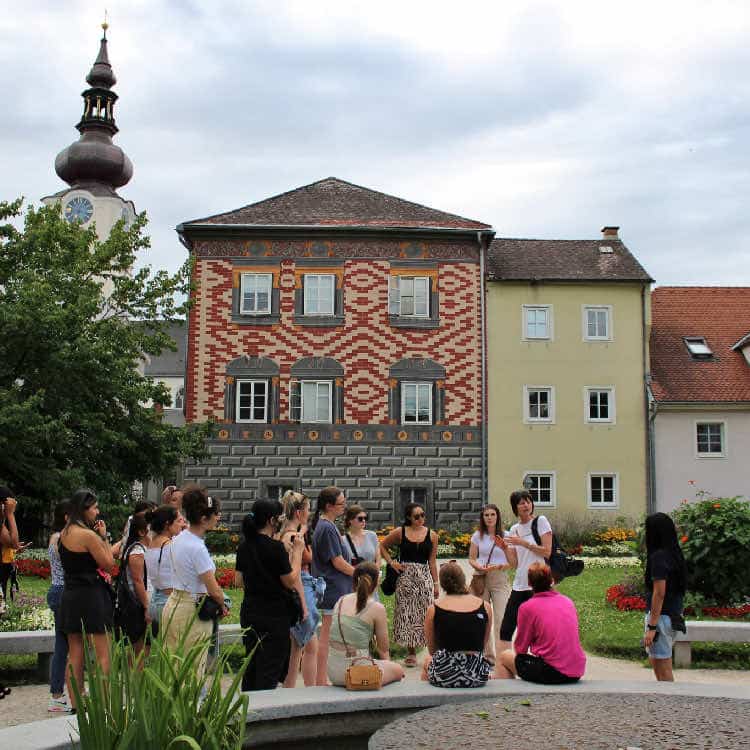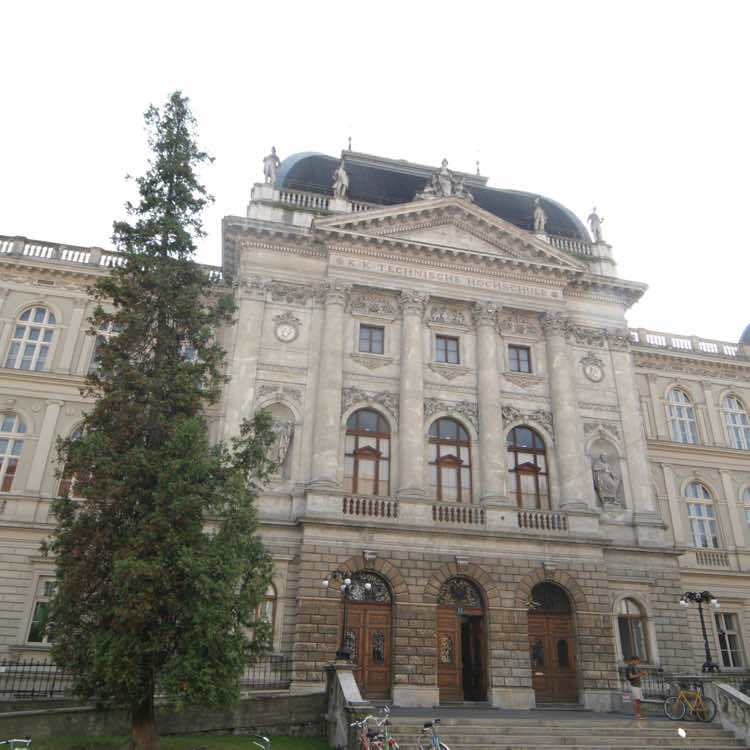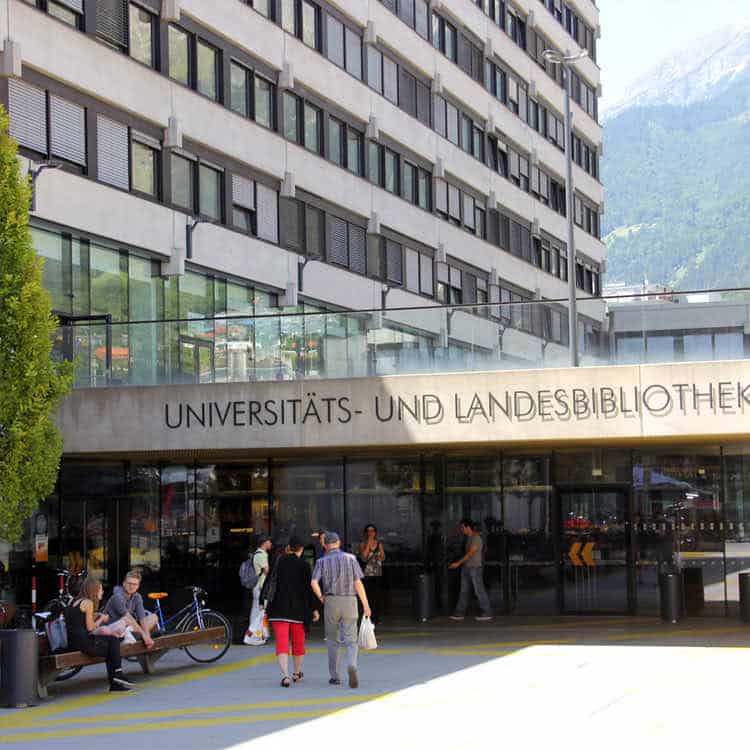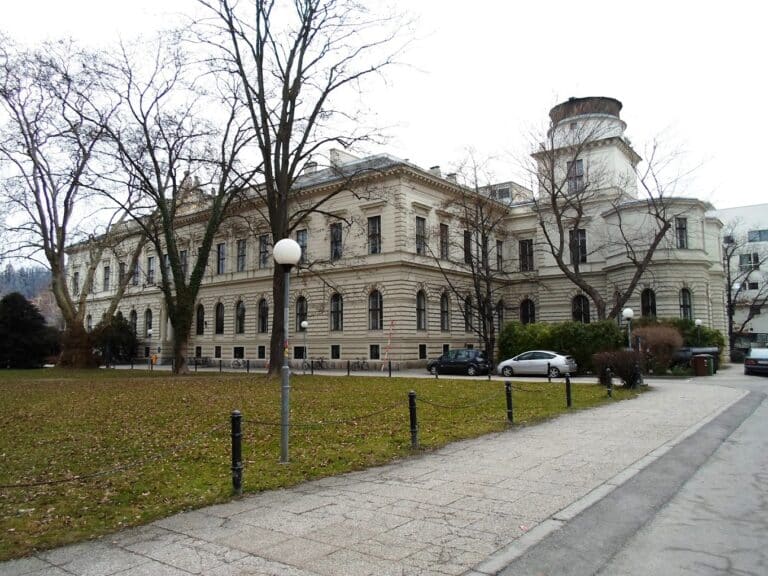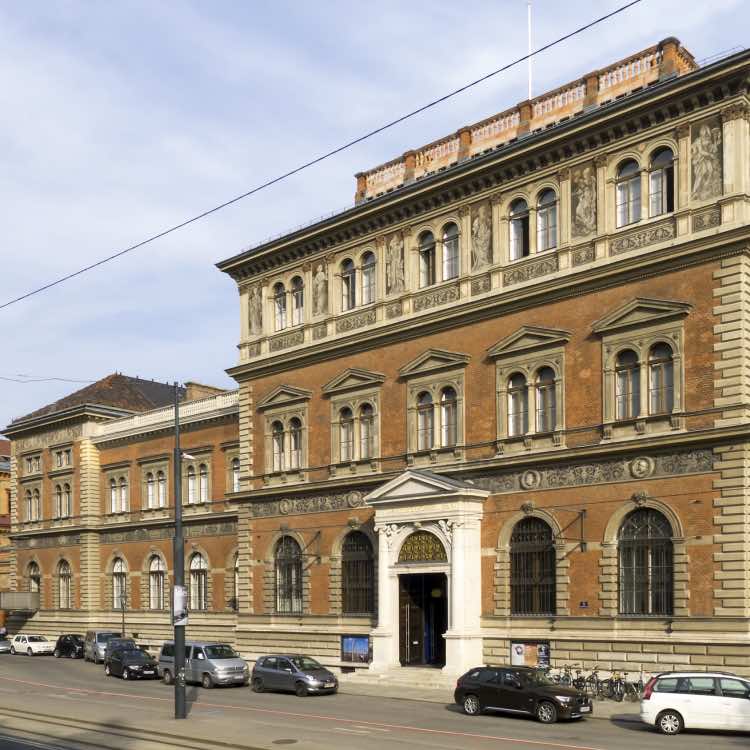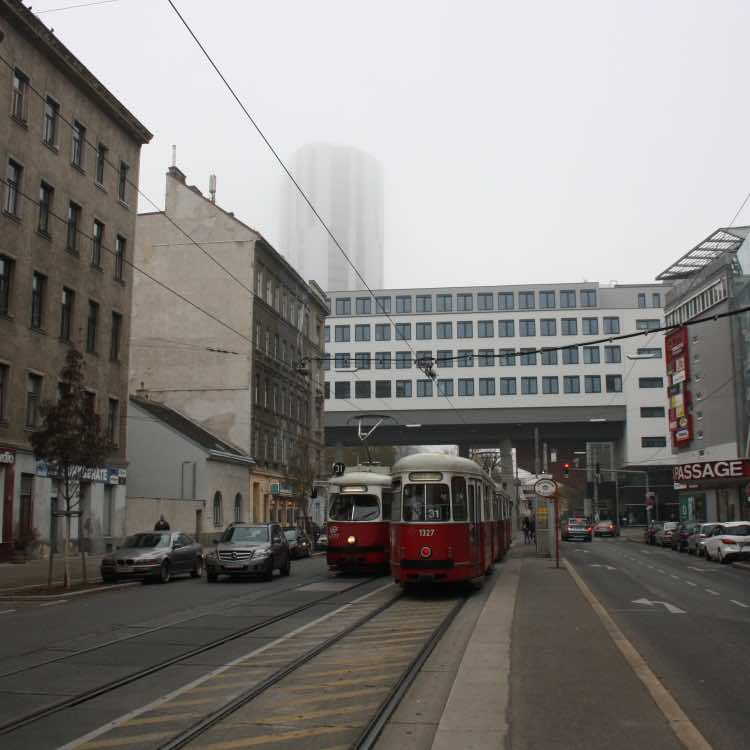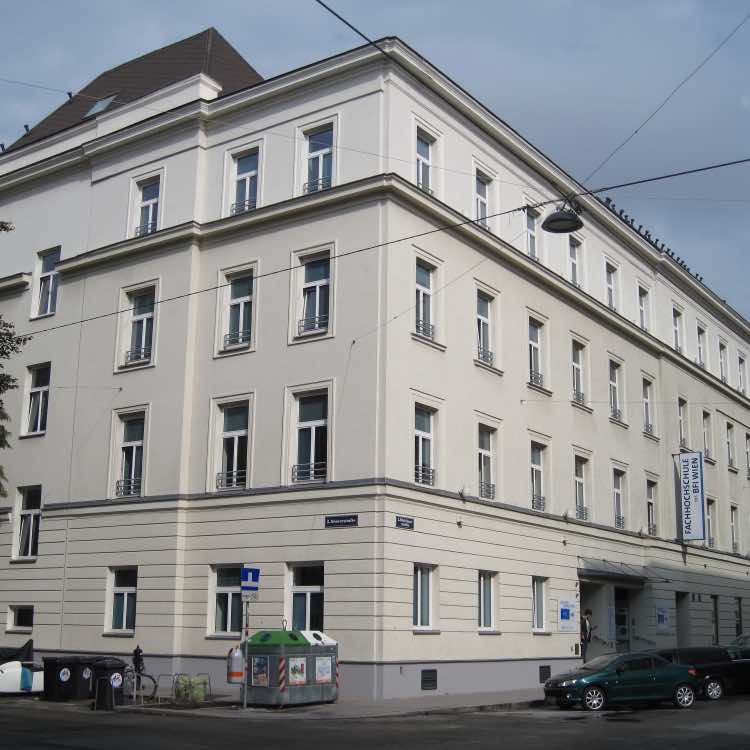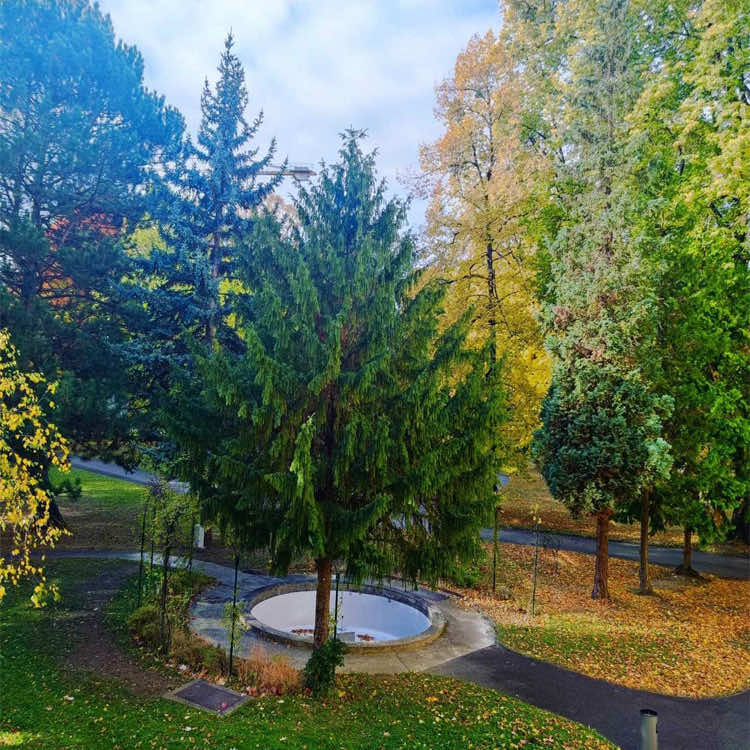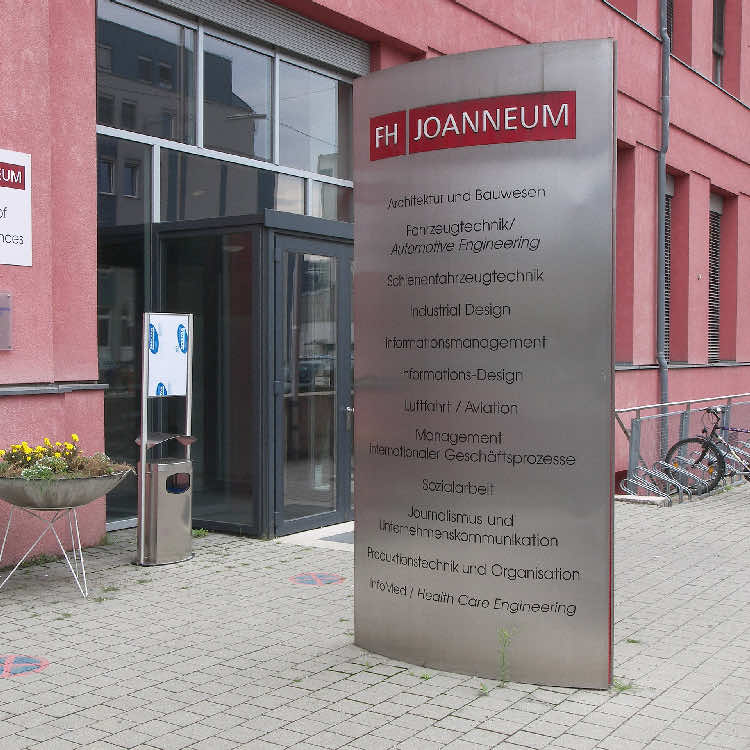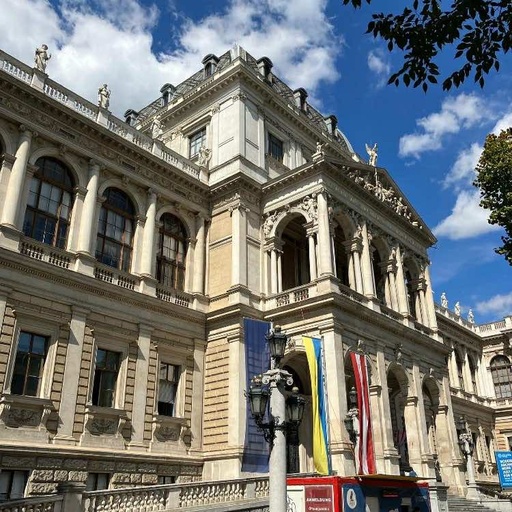Sorry, no records were found. Please adjust your search criteria and try again.
Sorry, unable to load the Maps API.
Austria, formally the Republic of Austria, is a landlocked country in the southern part of Central Europe, lying in the Eastern Alps. It is a federation of nine states, one of which is the capital, Vienna, the most populous city and state.
WHY STUDY HERE? Located in the center of Europe, Austria is a wealthy and highly developed country. It has a prominent intellectual history and has produced some of the world’s finest minds, such as the composer, Mozart, and the father of psychology, Sigmund Freud.
The Austrian nation is a small one with only 8 million inhabitants and is also the 12th richest in the world. With the Alp mountain range taking up a large proportion of the country, it is a great place for those who love winter sports such as skiing and snowboarding. This wintery playground transforms in the spring and summer months into the most beautiful scenery, perfect for hiking.
The winters here can be quite cold, so it is not for the sun-worshippers! Its location in the center of Europe and bordering seven countries makes it ideal for traveling to other European countries such as Hungary and Slovakia by the advanced rail system. German is the official language of Austria and the majority of courses are held in German.
Despite being a relatively expensive tourist destination, study fees here are very reasonable, as the country wants to encourage international students. Student accommodation can also be very affordable, with monthly rates as low as €200 in some dormitories. Unlike countries such as the Netherlands, the education system is very formal and you are expected to use titles when talking to professors. Compulsory attendance is also a requirement at most Austrian universities. WORKING Non-EU students need a work permit. Generally, bachelor's students are able to work for up to 10 hours a week and master's students for 20 hours a week. HEALTH INSURANCE Students attending a university or a UAS may take out a student health insurance policy ("Studierendenselbstversicherung") with the relevant local insurer. If you bring your own non-Austrian insurance, you'll be required to pay 54 EUR per month for a self-insurance fee. STUDENT RESIDENCE Once you're accepted to an Austrian school, you will need to apply for a long-stay visa in person at the nearest Austrian embassy or consulate. You need to start this process abroad prior to your arrival in Austria. The visa approval process can take 3-6 months, so apply early. The visa will allow you to stay in Austria from 91 to 180 days. To get a D visa, you will need to submit a completed application form, a recent color photo, a valid passport with photocopies of all pages that contain entries and stamps, proof of housing in Austria, proof of health insurance that is valid in Austria with coverage of at least 30,000 EUR, proof of means, confirmation of admission by the school, and a return flight ticket, if available. When you arrive in Austria, you have 3 working days to register with the registration office nearest your residence. If you're studying in Austria beyond the initial visa time frame, you'll need to apply for a temporary residence permit. To get a residence permit, you'll have to submit your admission letter from your school, proof of financial means, and proof of housing to the competent Austrian authorities. You have to collect your residence permit within the validity period of your visa ID. PROOF OF MEANS REQUIREMENTS Students up to age 24 must prove that they have at least 515 euros per month; students over age 24 must prove that they have at least 988 euros per month. These amounts must be proven for a maximum of 12 months by means of a bank account (the account has to be accessible from Austria); a Declaration of Guarantee from a person living in Austria; proof of purchase of traveler’s checks for the necessary amount; or a confirmation of a scholarship or grant. NATIONAL ADMISSION CRITERIA For undergraduate studies, Austrian universities require that American students submit supplements to their high school diploma. At this point, the requirements vary from school to school and may include AP scores or a minimum SAT/ACT score (there is not a national minimum score required-it is set by the school). IB or one year of college credits will also suffice. National College Information Site http://studyinaustria.at CAPITAL: Vienna LANGUAGES: German REGION: Western Europe YouTube Link: https://www.youtube.com/watch?v=scvZJhbDDAg POPULATION: 8993901 ENGLISH PROFICIENCY SCORE: Very High Number of Schools: 33 Number of Bachelor's Programs: 40 Average Bachelor's Tuition: €8,346 Number of Master's Programs: 244 Average Master's Tuition: €4,528



